Homemade cleaner recipes are more than just a trend; they’re a return to simpler, healthier, and more sustainable living. Have you ever stopped to think about what’s *really* in those brightly colored bottles under your sink? I know I did, and what I found wasn’t pretty! That’s why I dove headfirst into the world of DIY cleaning, and let me tell you, it’s been a game-changer.
For generations, our grandmothers relied on simple, natural ingredients like vinegar, baking soda, and lemon juice to keep their homes sparkling. These weren’t just cleaning agents; they were staples, readily available and safe for the whole family. This tradition, rooted in resourcefulness and a deep understanding of natural properties, is something we can all benefit from rediscovering.
In today’s world, we’re bombarded with harsh chemicals that can irritate our skin, pollute our air, and even harm our health. Plus, those store-bought cleaners can be surprisingly expensive! That’s where homemade cleaner recipes come in. Not only are they incredibly effective at tackling dirt, grime, and germs, but they’re also gentle on the environment, budget-friendly, and customizable to your specific needs. I’m excited to share my favorite DIY cleaning hacks that will transform your cleaning routine and leave your home feeling fresh, clean, and healthy 鈥?without breaking the bank or exposing your loved ones to harmful chemicals. Let’s get started!
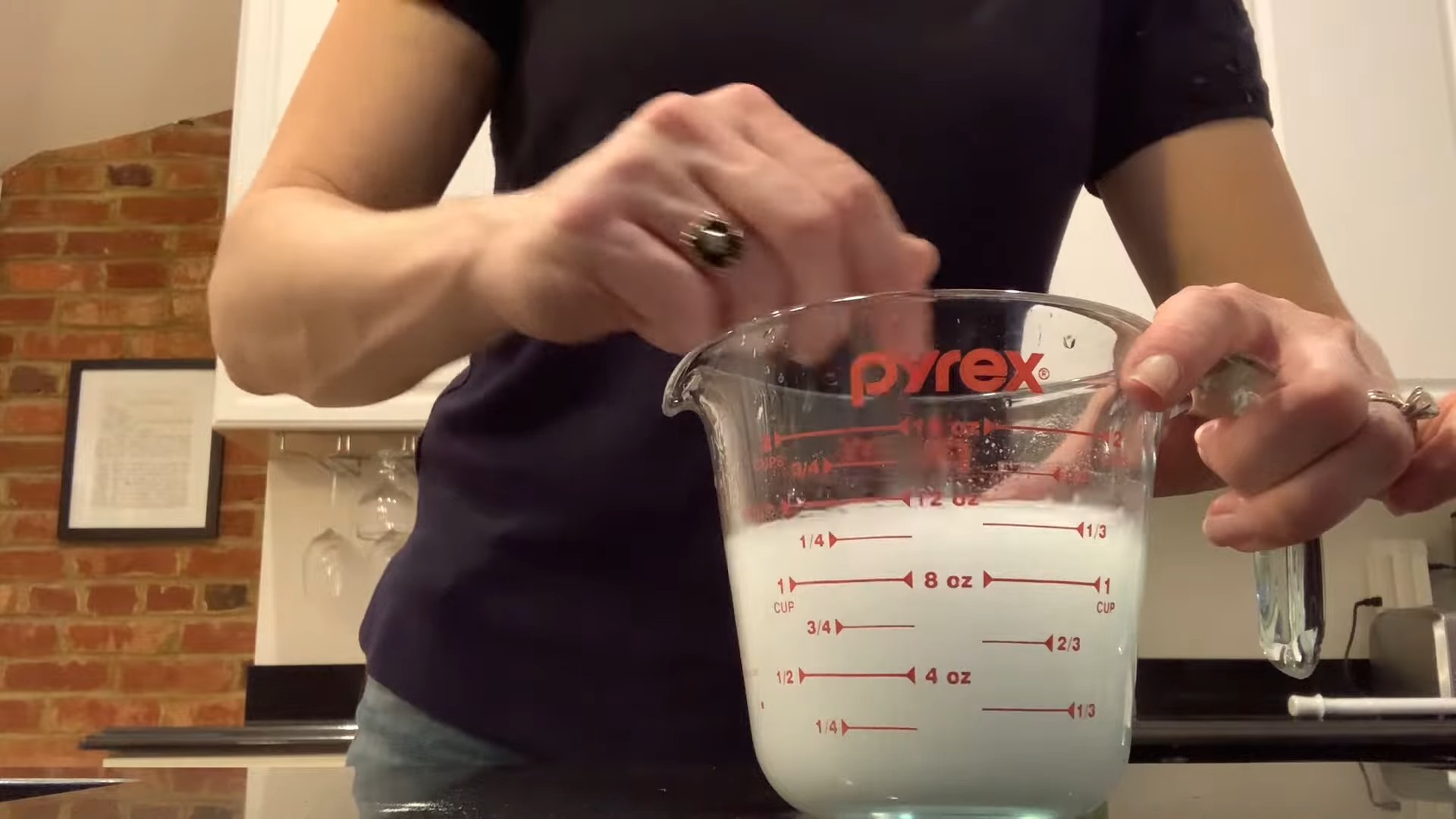
DIY Cleaning Power: Natural Recipes for a Sparkling Home
Okay, let’s ditch those harsh chemicals and whip up some amazing homemade cleaners! I’ve been experimenting with natural cleaning solutions for years, and I’m excited to share my favorite recipes with you. Not only are these cleaners better for the environment and your health, but they’re also incredibly effective and budget-friendly. Get ready to transform your cleaning routine!
All-Purpose Cleaner: Your Go-To Solution
This all-purpose cleaner is a workhorse. I use it on countertops, sinks, appliances (inside and out!), and even floors. It’s gentle enough for most surfaces, but powerful enough to cut through grease and grime.
Ingredients:
* 1/2 cup white vinegar
* 1/4 cup baking soda
* 1/2 gallon (8 cups) hot water
* Optional: 10-20 drops of your favorite essential oil (lemon, lavender, tea tree, and eucalyptus are great choices)
* Spray bottle
Instructions:
1. Combine Ingredients: In a large bucket or bowl, dissolve the baking soda in the hot water. Stir until the baking soda is completely dissolved. This prevents clogging in your spray bottle later.
2. Add Vinegar: Slowly pour in the white vinegar. Be prepared for some fizzing! This is a normal chemical reaction between the baking soda and vinegar.
3. Add Essential Oils (Optional): If you’re using essential oils, add them now. Essential oils not only add a pleasant scent but also have antibacterial and antiviral properties. I personally love lemon for its degreasing power and uplifting scent.
4. Transfer to Spray Bottle: Carefully pour the mixture into a spray bottle. A funnel can be helpful to avoid spills.
5. Label and Store: Label your spray bottle clearly with the name of the cleaner and the ingredients. Store in a cool, dark place.
How to Use:
* Spray the cleaner onto the surface you want to clean.
* Let it sit for a few minutes to loosen dirt and grime.
* Wipe clean with a damp cloth or sponge.
* For stubborn stains, you may need to scrub a little harder or let the cleaner sit for a longer period.
Glass Cleaner: Streak-Free Shine
Say goodbye to streaks and hello to sparkling clean windows and mirrors! This glass cleaner is super simple and works like a charm.
Ingredients:
* 2 cups water
* 1/4 cup white vinegar
* 1/2 teaspoon liquid dish soap (I prefer a natural, unscented variety)
* Spray bottle
* Microfiber cloth
Instructions:
1. Combine Ingredients: In a spray bottle, combine the water, white vinegar, and dish soap.
2. Shake Well: Shake the bottle gently to mix the ingredients.
3. Label and Store: Label your spray bottle clearly with the name of the cleaner and the ingredients.
How to Use:
1. Spray the Surface: Lightly spray the glass or mirror with the cleaner. Avoid over-saturating the surface.
2. Wipe Clean: Use a clean microfiber cloth to wipe the surface dry. Microfiber cloths are excellent for streak-free cleaning.
3. Buff (Optional): For an extra shine, you can buff the surface with a dry microfiber cloth.
Toilet Bowl Cleaner: Natural Disinfectant
Keep your toilet bowl clean and fresh with this natural disinfectant. The baking soda and vinegar work together to scrub away stains and eliminate odors.
Ingredients:
* 1 cup baking soda
* 1/2 cup white vinegar
* Optional: 10-20 drops of tea tree essential oil (for extra disinfecting power)
Instructions:
1. Sprinkle Baking Soda: Sprinkle the baking soda into the toilet bowl, making sure to coat the entire surface.
2. Pour in Vinegar: Pour the white vinegar over the baking soda. It will fizz!
3. Add Essential Oil (Optional): If you’re using tea tree oil, add it now.
4. Let it Sit: Let the mixture sit for at least 30 minutes, or even overnight for stubborn stains.
5. Scrub and Flush: Scrub the toilet bowl with a toilet brush and then flush.
Drain Cleaner: Unclog Naturally
Avoid harsh chemical drain cleaners and try this natural solution instead. It’s effective for clearing minor clogs and preventing future build-up.
Ingredients:
* 1/2 cup baking soda
* 1 cup white vinegar
* Hot water
Instructions:
1. Pour in Baking Soda: Pour the baking soda down the drain.
2. Add Vinegar: Pour the white vinegar down the drain after the baking soda.
3. Let it Fizz: Let the mixture fizz for 30 minutes.
4. Flush with Hot Water: Pour a pot of boiling water down the drain to flush away the clog.
5. Repeat if Necessary: If the drain is still clogged, repeat the process.
Furniture Polish: Restore Shine Naturally
Give your wooden furniture a new lease on life with this simple furniture polish. It’s made with olive oil and lemon juice, which nourish the wood and leave a beautiful shine.
Ingredients:
* 1/4 cup olive oil
* 1/4 cup lemon juice
* Soft cloth
Instructions:
1. Combine Ingredients: In a small bowl, combine the olive oil and lemon juice.
2. Apply to Furniture: Dip a soft cloth into the mixture and apply it to the wooden furniture in a circular motion.
3. Buff: Use a clean, dry cloth to buff the furniture until it shines.
Important Note: Always test the polish on an inconspicuous area of the furniture first to make sure it doesn’t damage the finish.
Oven Cleaner: Tackle Baked-On Grease
Cleaning the oven is never fun, but this natural oven cleaner makes the job a little easier. It uses the power of baking soda and water to loosen baked-on grease and grime.
Ingredients:
* 1/2 cup baking soda
* Water
* Spray bottle
* Scrubbing sponge or brush
Instructions:
1. Make a Paste: In a bowl, mix the baking soda with enough water to form a thick paste.
2. Coat the Oven: Spread the paste all over the inside of the oven, avoiding the heating elements.
3. Let it Sit: Let the paste sit for at least 12 hours, or even overnight.
4. Scrub and Wipe: After the paste has sat, use a scrubbing sponge or brush to scrub away the loosened grease and grime.
5. Rinse: Rinse the oven with water to remove any remaining baking soda residue. You may need to use a spray bottle to help rinse hard-to-reach areas.
Laundry Detergent: Clean Clothes, Naturally
This homemade laundry detergent is gentle on your clothes and the environment. It’s made with simple ingredients that you probably already have in your pantry.
Ingredients:
* 1 cup washing soda (sodium carbonate)
* 1 cup borax (sodium borate)
* 1 bar of castile soap, grated (like Dr. Bronner’s)
* Optional: 10-20 drops of essential oil (lavender, lemon, or tea tree)
Instructions:
1. Grate the Soap: Grate the castile soap using a cheese grater or food processor.
2. Combine Ingredients: In a large bowl, combine the washing soda, borax, and grated soap.
3. Add Essential Oil (Optional): If you’re using essential oil, add it now.
4. Mix Well: Mix all the ingredients together thoroughly.
5. Store: Store the laundry detergent in an airtight container.
How to Use:
* Use 1-2 tablespoons of laundry detergent per load, depending on the size and soil level of the load.
Carpet Stain Remover: Banish Stains Naturally
Don’t let carpet stains ruin your day! This natural carpet stain remover is effective for removing a variety of stains, from food spills to pet accidents.
Ingredients:
* 1/2 cup white vinegar
* 2 cups water
* 1 tablespoon baking soda
* Spray bottle
* Clean cloth
Instructions:
1. Combine Ingredients: In a spray bottle, combine the white vinegar, water, and baking soda.
2. Spray the Stain: Spray the stain with the mixture.
3. Let it Sit: Let the mixture sit for a few minutes.
4. Blot the Stain: Blot the stain with a clean cloth, working from the outside in.
5.
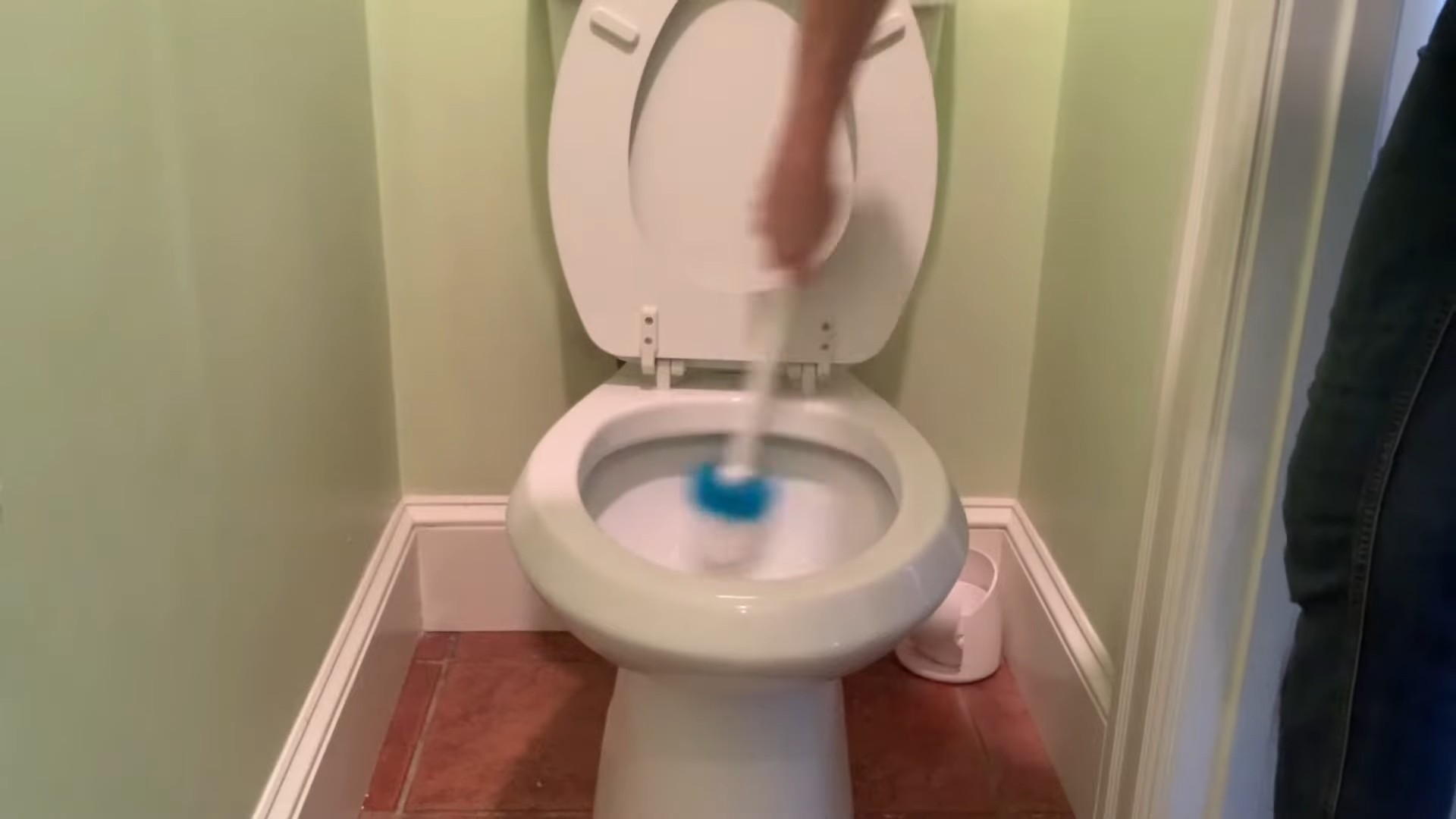
Conclusion
So, there you have it! Ditching those harsh chemicals and embracing the power of homemade cleaner recipes is not just a trend; it’s a conscious choice for a healthier home and a happier planet. We’ve explored simple yet effective ways to create cleaning solutions that are not only budget-friendly but also incredibly versatile. From tackling stubborn grease to banishing bathroom grime, these recipes offer a natural alternative without compromising on cleaning power.
Why is this a must-try? Because you’re taking control of what you bring into your home. You know exactly what’s in your cleaner, eliminating the worry of hidden toxins and allergens. Plus, the satisfaction of creating something yourself, knowing you’re contributing to a cleaner environment, is truly rewarding.
But the beauty of homemade cleaner recipes lies in their adaptability. Feel free to experiment with different essential oils to create your signature scent. Lavender for a calming bathroom cleaner, lemon for a zesty kitchen spray, or tea tree for its antibacterial properties 鈥?the possibilities are endless! You can also adjust the ratios of ingredients to suit your specific cleaning needs. Is your oven particularly greasy? Add a bit more baking soda to your oven cleaner. Dealing with hard water stains? Increase the vinegar concentration in your all-purpose spray.
Don’t be afraid to get creative and personalize these recipes to fit your lifestyle.
Consider these variations:
* **Citrus Infusion:** Infuse your vinegar with citrus peels (lemon, orange, grapefruit) for a few weeks before using it in your cleaners. This adds a delightful fragrance and boosts its cleaning power.
* **Herbal Power:** Add dried herbs like rosemary, thyme, or mint to your vinegar infusion for added antibacterial and antifungal benefits.
* **Castile Soap Boost:** For extra cleaning power, add a small amount of castile soap to your all-purpose cleaner. Be careful not to add too much, as it can leave a residue.
* **Borax for Tough Stains:** For particularly stubborn stains, consider adding a small amount of borax to your cleaning solution. However, use borax with caution and always wear gloves.
We truly believe that once you experience the effectiveness and simplicity of homemade cleaner recipes, you’ll never go back to store-bought alternatives. The peace of mind knowing you’re using safe, natural ingredients is priceless.
So, what are you waiting for? Gather your ingredients, put on your DIY hat, and start creating your own homemade cleaning arsenal. We’re confident you’ll be amazed by the results.
And most importantly, we want to hear about your experience! Share your favorite homemade cleaner recipes, your tips and tricks, and your before-and-after photos with us. Let’s build a community of eco-conscious cleaners who are passionate about creating a healthier home and a cleaner planet, one homemade cleaner recipe at a time. Let us know what worked for you, what variations you tried, and any challenges you encountered. Your feedback will help us refine these recipes and inspire others to embrace the power of DIY cleaning.
Frequently Asked Questions (FAQs)
Are homemade cleaner recipes as effective as store-bought cleaners?
Yes, in many cases, homemade cleaner recipes can be just as effective, if not more so, than store-bought cleaners. The key is to use the right ingredients and follow the recipes carefully. Ingredients like vinegar, baking soda, lemon juice, and essential oils possess natural cleaning, disinfecting, and deodorizing properties. While they might not be as aggressive as some chemical-laden cleaners, they are often sufficient for everyday cleaning tasks and are much safer for your health and the environment. For heavily soiled areas, you may need to let the cleaner sit for a longer period or use a bit more elbow grease.
What are the benefits of using homemade cleaner recipes?
The benefits are numerous! First and foremost, you’re reducing your exposure to harmful chemicals found in many commercial cleaners. These chemicals can cause skin irritation, respiratory problems, and even long-term health issues. Homemade cleaners are also more environmentally friendly, as they reduce plastic waste and the release of harmful chemicals into the environment. They are also significantly cheaper than store-bought cleaners, saving you money in the long run. Finally, you have complete control over the ingredients, allowing you to customize the scents and cleaning power to your specific needs and preferences.
Are there any surfaces that I shouldn’t use homemade cleaner recipes on?
While most homemade cleaner recipes are safe for a variety of surfaces, there are a few exceptions. Avoid using vinegar-based cleaners on natural stone surfaces like marble, granite, and limestone, as the acidity can etch and damage the stone. Also, be cautious when using baking soda on delicate surfaces, as it can be abrasive. Always test a small, inconspicuous area first before applying any homemade cleaner to a larger surface. For wooden furniture, use a gentle cleaner and avoid excessive moisture.
How long do homemade cleaner recipes last?
The shelf life of homemade cleaner recipes depends on the ingredients used. Cleaners made with water should be used within a few weeks to prevent bacterial growth. Cleaners made with vinegar or alcohol have a longer shelf life, typically several months. Essential oils can also help to preserve the cleaner and add antibacterial properties. Always store your homemade cleaners in airtight containers and label them clearly with the date they were made. If you notice any changes in color, odor, or consistency, discard the cleaner.
Can I use any essential oils in my homemade cleaner recipes?
While you can use a variety of essential oils, some are better suited for cleaning than others. Lemon, tea tree, lavender, eucalyptus, and peppermint essential oils are all known for their antibacterial, antifungal, and antiviral properties. Choose essential oils that you enjoy the scent of and that are appropriate for the cleaning task at hand. Always dilute essential oils properly before using them, as they can be irritating to the skin and respiratory system in concentrated form. A general rule of thumb is to use 10-20 drops of essential oil per cup of cleaner.
Are homemade cleaner recipes safe for pets and children?
Homemade cleaner recipes are generally safer for pets and children than store-bought cleaners, as they don’t contain harsh chemicals. However, it’s still important to exercise caution. Keep homemade cleaners out of reach of children and pets, and never leave them unattended while cleaning. If your pet or child ingests a homemade cleaner, contact your veterinarian or poison control center immediately. When using essential oils, be aware that some essential oils can be toxic to pets. Research which essential oils are safe for your specific pet before using them in your cleaners.
What is the best way to store homemade cleaner recipes?
Store your homemade cleaner recipes in clean, airtight containers. Glass spray bottles are a great option for all-purpose cleaners, while plastic bottles can be used for other types of cleaners. Label each container clearly with the name of the cleaner and the date it was made. Store your cleaners in a cool, dark place away from direct sunlight and heat. This will help to preserve their effectiveness and prevent them from spoiling.
Can I use homemade cleaner recipes to clean my oven?
Yes, you can use homemade cleaner recipes to clean your oven. A simple and effective oven cleaner can be made with baking soda and water. Make a paste of baking soda and water and spread it over the interior of your oven, avoiding the heating elements. Let it sit overnight, then scrub the oven clean with a sponge or cloth. You can also use a vinegar and water solution to help remove any remaining residue. For stubborn grease, you can add a small amount of dish soap to the baking soda paste.
What if my homemade cleaner recipe doesn’t seem to be working?
If your homemade cleaner recipe isn’t working as well as you’d like, there are a few things you can try. First, make sure you’re using the correct ingredients and following the recipe carefully. You may also need to adjust the ratios of ingredients to suit your specific cleaning needs. For example, if you’re dealing with hard water stains, you may need to increase the vinegar concentration in your all-purpose spray. You can also try letting the cleaner sit for a longer period of time before wiping it away. Finally, you may need to use a bit more elbow grease to scrub away stubborn stains.
Where can I find more homemade cleaner recipes?
There are many resources available online and in libraries that offer a wide variety of homemade cleaner recipes. Search for “homemade cleaner recipes” on Google, Pinterest, or YouTube to find a wealth of information. You can also check out books on natural cleaning and DIY home products. Experiment with different recipes and find the ones that work best for you and your home. Remember to always prioritize safety and use caution when working with any cleaning product, whether it’s homemade or store-bought.
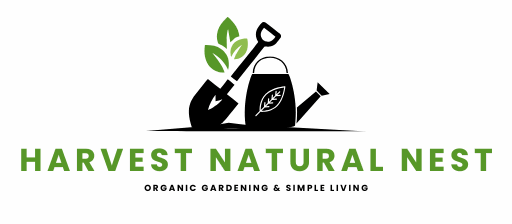
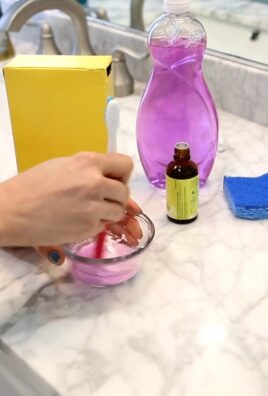
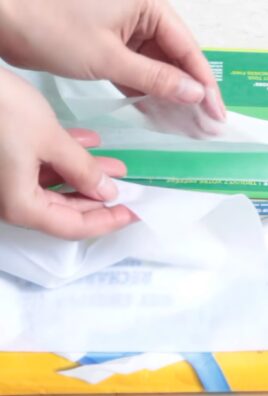
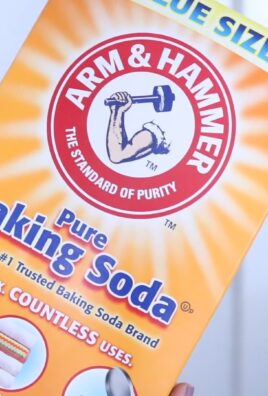
Leave a Comment